Quality Control System
Aiya Co., Ltd. manufactures matcha
using a thorough quality control system.
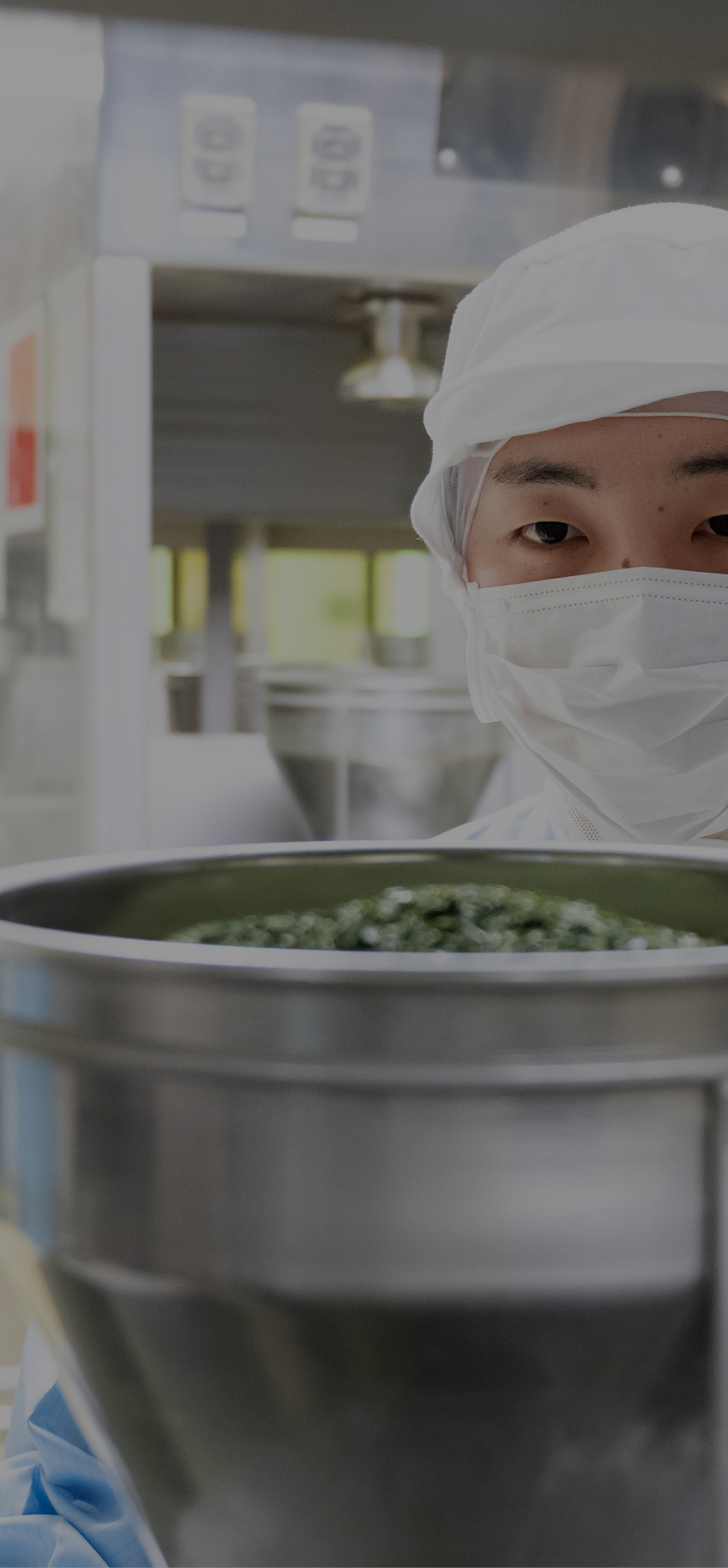
Aiya Co., Ltd. manufactures matcha
using a thorough quality control system.
We value the “spirit of hospitality” and pledge to provide safe and secure products and services to our customers.
We will continue to promote our corporate activities in order to provide products and services that satisfy our customers.
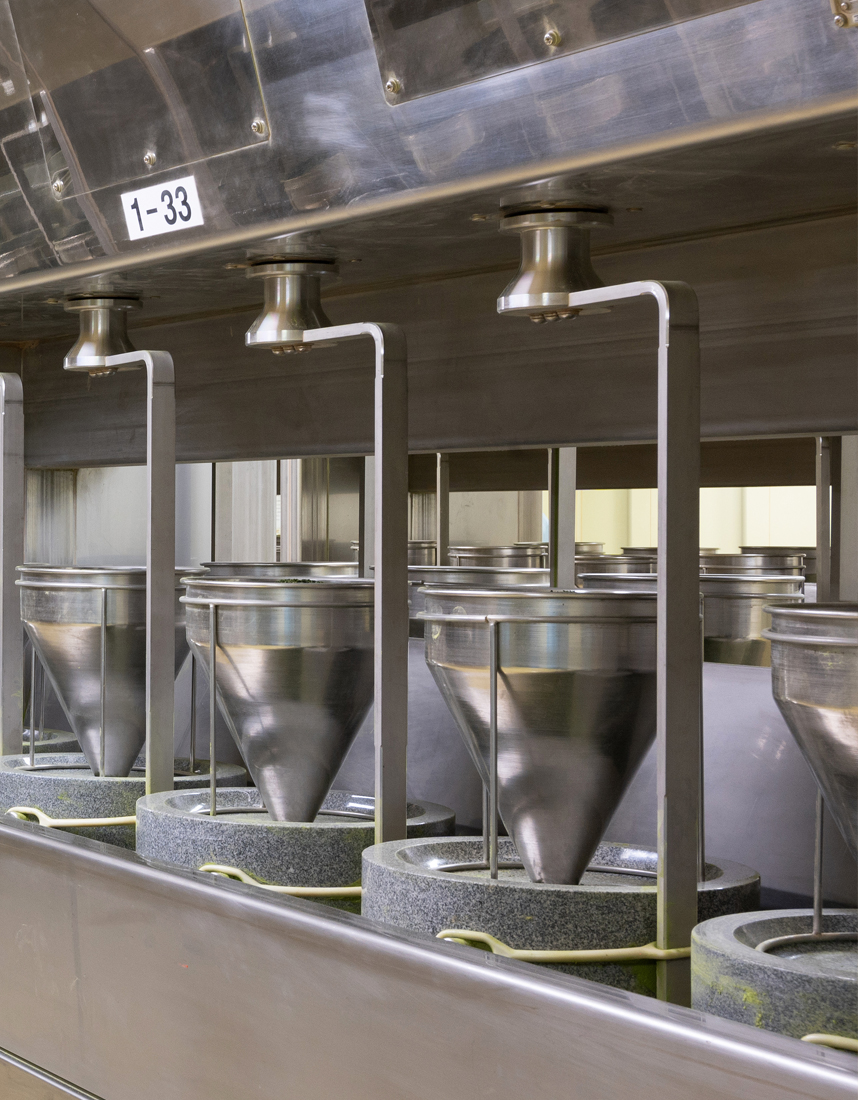
AIYA established a production line integrating hygiene management, safety guarantee for products, facility maintenance and management and food defense measures. We predict future risks, identify important points of control to prevent risks. We monitor and record those points continuously in all processes from arrival of raw materials to production and shipping.
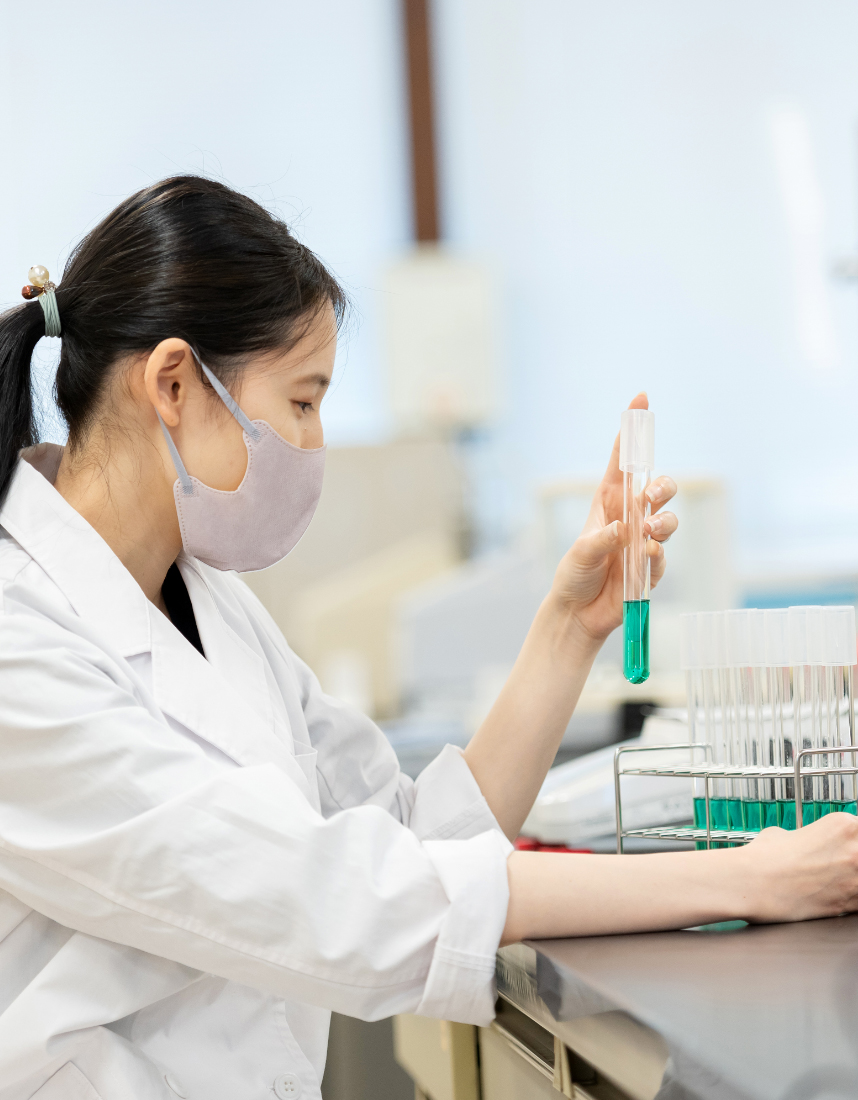
AIYA is a pioneer in the industry, seeing matcha as food and analyzing matcha objectively based on scientific (mathematical) evidences. Our quality control department provides original product specifications which include requirements from customers, such as color difference, moisture, particle size along with analysis of general live bacteria, colon bacilli, mold and yeast.

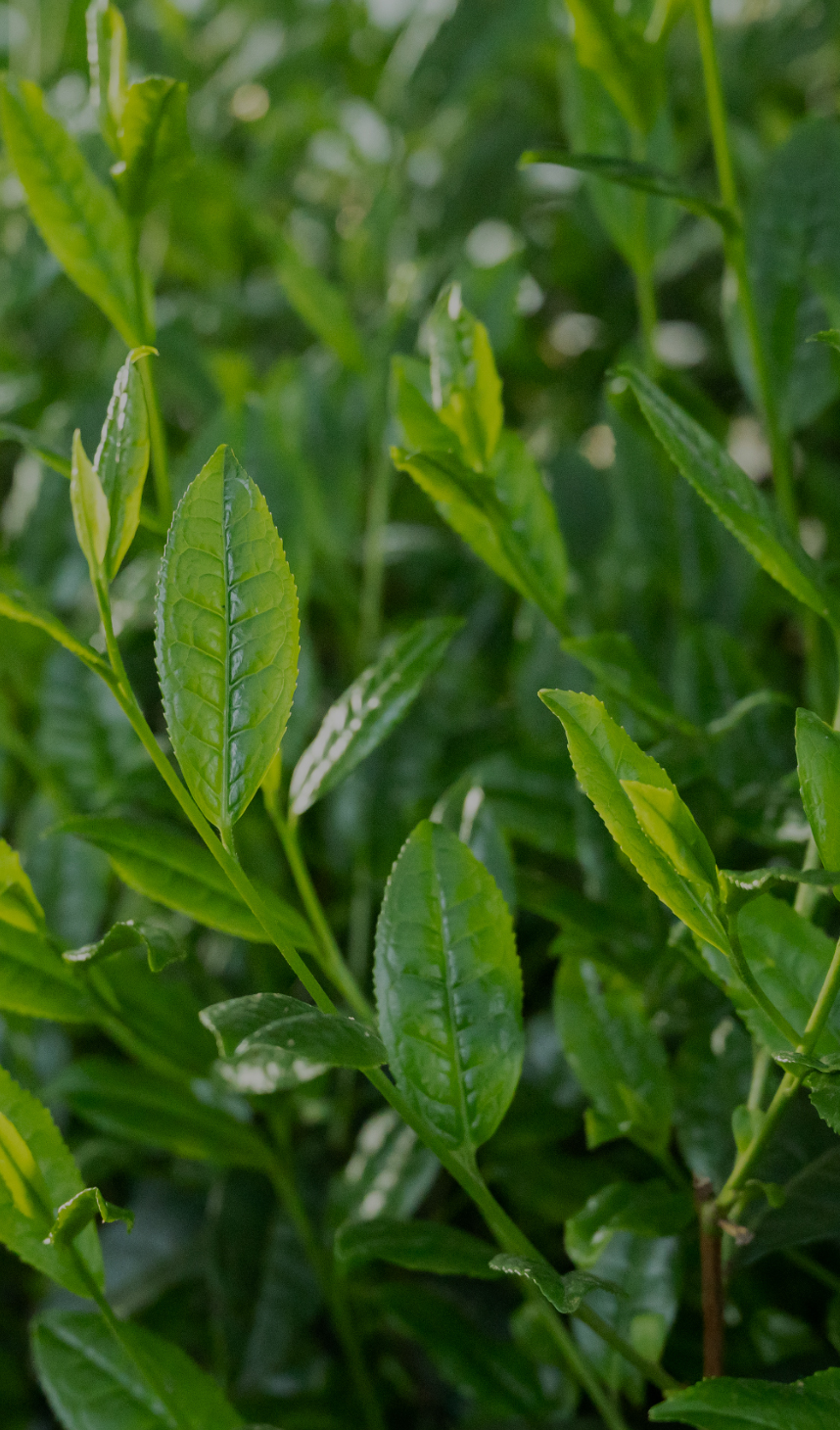
Consideration for human health and the global environment
In 1997, AIYA succeeded in producing organic matcha made from organically grown tencha after 20 years of effort.
Organic tencha fields were produced after 20 years of growing cold-resistant seedlings and overcoming repeated natural disasters since the first cultivation in an environment rich in nature under protected ecosystem inhabiting beneficial insects and birds.
Currently, Aiya Co., Ltd. is shipping organic matcha to various locations through export of organic JAS certified equivalency based on Japanese Agricultural Standards.

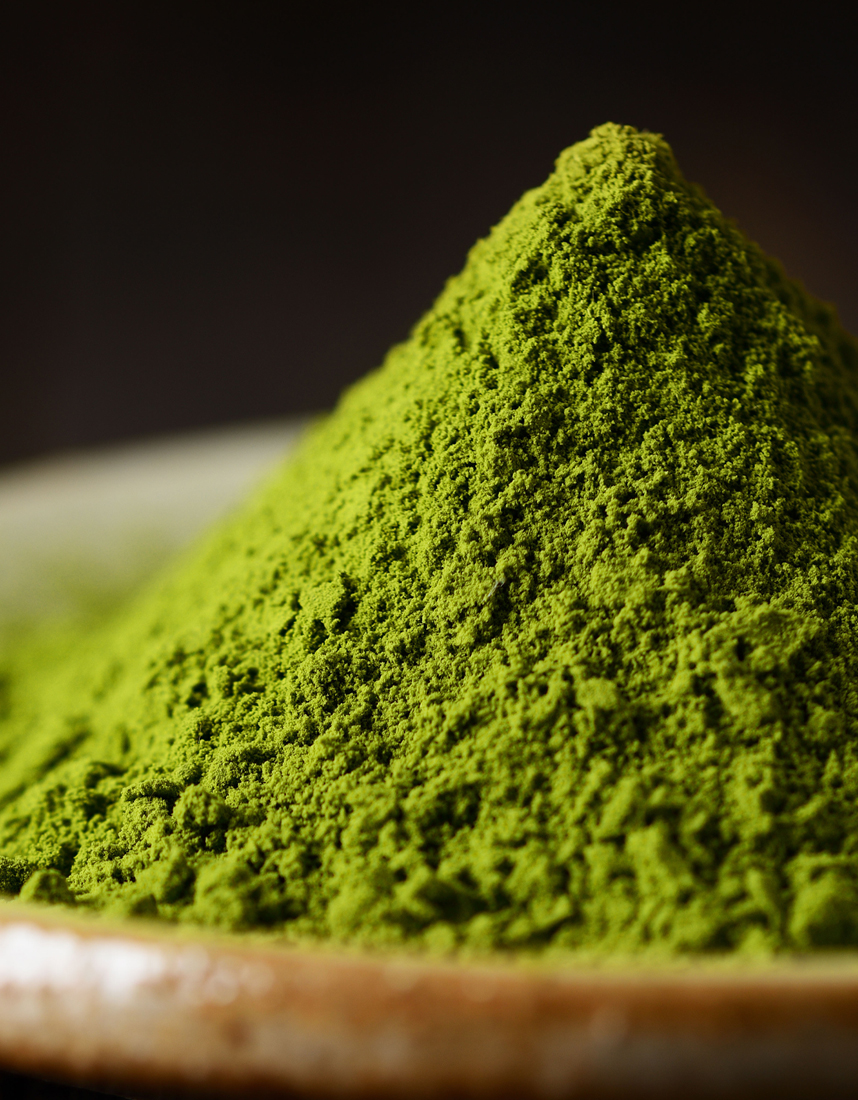
Organic Matcha is made without relying on pesticides or chemical fertilizers. It is popular as a gift for health-conscious people, or as a gift for people overseas, as it is popular in Europe where people are highly concerned about health.
>Click here to order (Link to external site)
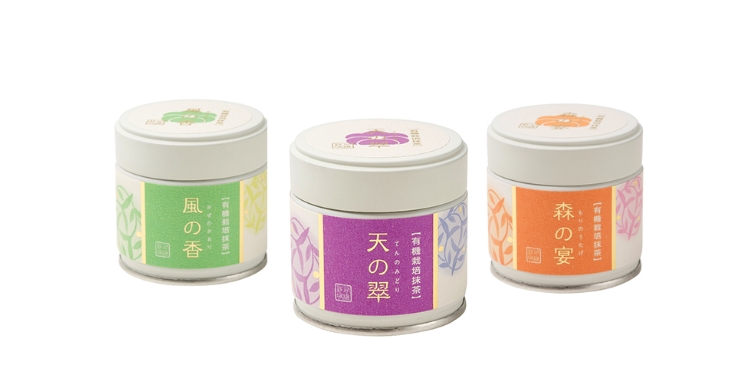
AIYA Co., Ltd. has obtained the following certifications from third-party organizations, and is committed to providing safe, reliable products to our customers and supporting the promotion of more sustainable agriculture.
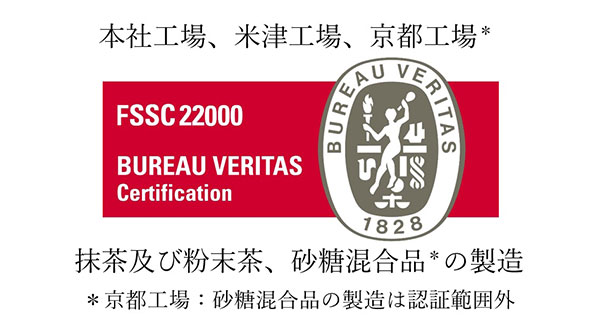
An approved certifi-cation, enacted by Global Food Safety Initiative (GFSI), which is an integration of ISO 22000, the inter-national standard for food safety manage-ment system, and ISO/TS 22002-1, the advanced ISO 22000.
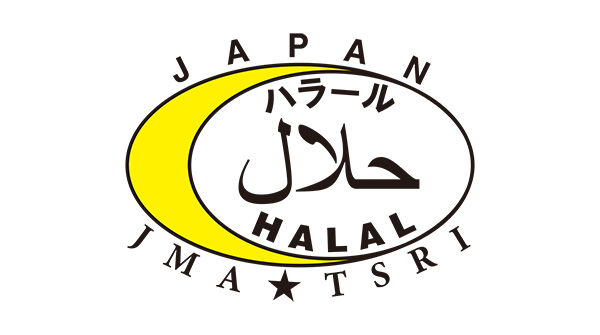
A food mark which indicates that it is permi-ssible under the Islam. This certifi-cation defines a standard for food that do not contain forbidden foods by Islam, and is granted to com-patible products after ins-pection for raw materials, production process and product quality, etc.
*Limited to some products.
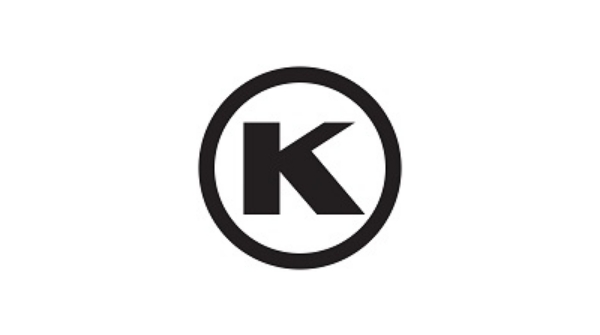
A food mark which indicates that it is permi-ssible accor-ding to Judaism. A quali-fied Jewish Rabbi (religious leader of Judaism) confirms the production process with his own eyes, and certifies that the food complies with Judaism.
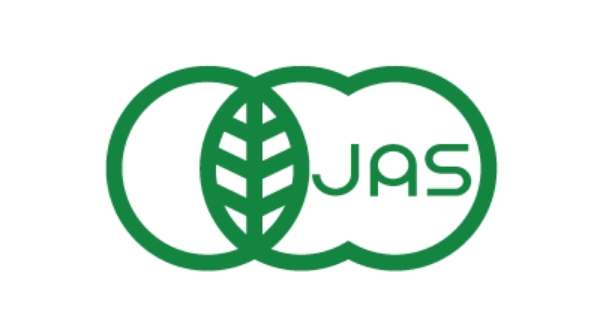
A Japanese certifi-cation mark for organic products. A mark for agri-cultural products and processed foods which are produced in farms where chemical ferti-lizers or agroche-micals were not used for more than 3 years prior to harvest and only organic ferti-lizers such as compost was used.
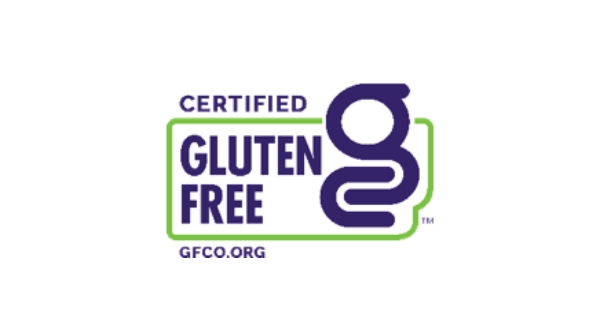
This certification guarantees that it is gluten-free. Gluten is a type of protein found in grains such as wheat, barley, and rye, and can cause allergies and intestinal disorders in some people.
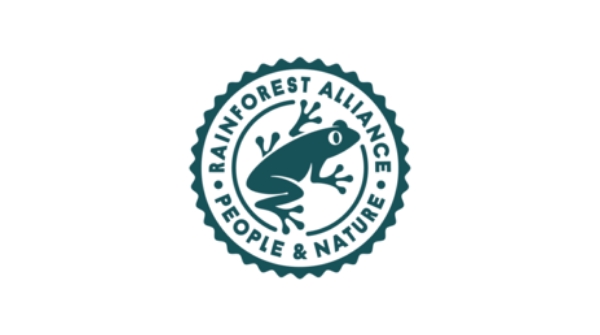
The Rainforest Alliance mark means producers are managing their land more sustainably, protecting the environment and benefiting from improved livelihoods.
The Rainforest Alliance works towards a world where people and nature thrive in harmony.
Our company has obtained Rainforest Alliance certificate for processing tea sourced from certified tea farms.
 PageTop
PageTop